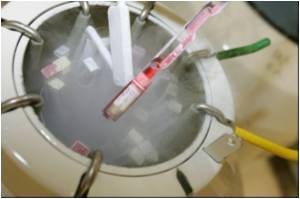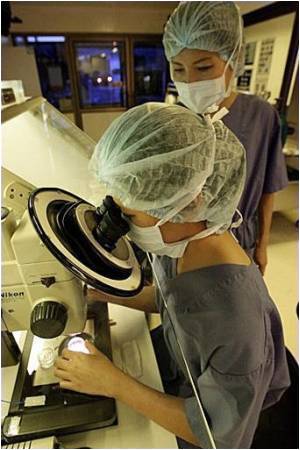A 50-year-old Japanese politician gave birth to her first child Thursday after undergoing fertility treatment involving a US egg donor -- a procedure she says should be legalised in her own country.

She became pregnant in May through in vitro fertilisation with an egg from a US donor and gave birth to a boy Thursday, her office said.
Her long struggle to become a mother, with several miscarriages, has shone a spotlight on fertility treatment and egg donations, which are not covered by any laws in Japan, forcing couples to travel overseas to seek donated eggs.
Noda in October told the Yomiuri Shimbun daily that the Japanese medical establishment did not approve of such egg donations in the country and said that she believed it was "a matter that needs to be legalised".
The veteran Liberal Democratic Party lawmaker has also long pushed for greater gender equality -- including allowing women to keep their own family name after marriage, rather than taking their husband's surname.
A former post and telecommunications minister, Noda has kept her maiden name while living with her de facto husband, the father of their child.
Advertisement
At 1.37 births per woman, Japan's fertility rate is now one of the world's lowest, a trend blamed on a widespread belief that women who give birth should quit their jobs, shortages of childcare centres and other systemic factors.
Advertisement
She said that her common-law husband was pressing her to have another baby.
"I tell him, 'Wait a minute'," she was quoted as saying -- adding however that she was "very positive about a second or even a third one."
Source-AFP









